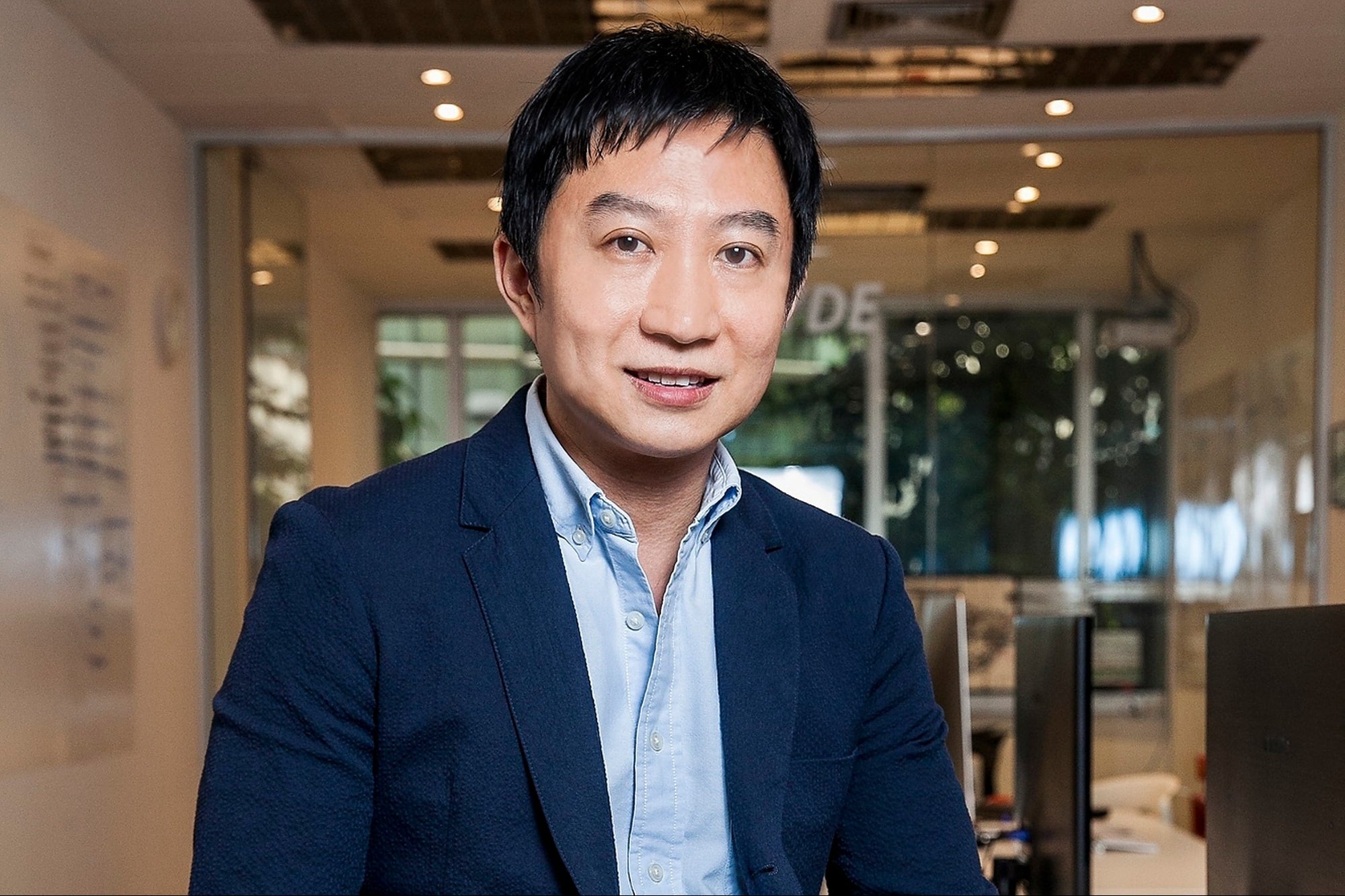Ryde Launches RydeLUXE; Targets Businesses And Luxury Markets With the launch of RydeLUXE, Ryde aims to capture the ultra-luxury market of business executives, tourists, and premium customers
Opinions expressed by Entrepreneur contributors are their own.
You're reading Entrepreneur Asia Pacific, an international franchise of Entrepreneur Media.

Singapore-based mobility app company Ryde on Wednesday has officially announced the launch of the premium service, RydeLUXE, in Singapore. The newest addition to Ryde's platform will enhance its position as a premium ride-hailing and carpooling app for commuters, business executives, and tourists.
With RydeLUXE, users will be matched with professional drivers with luxurious private-hire car hires within the Ryde App.
Business owners, restaurants, and hotels can provide this service to guests looking for a premium ride via a partnership with Ryde. RydeLUXE beta trials are ongoing at the moment. The premium service will be officially launched in Singapore on 29 April 2021.
With the launch of RydeLUXE, Ryde aims to capture the ultra-luxury market of business executives, tourists, and premium customers. Corporate demand is projected to come from MNCs, small businesses, hotels, and restaurants. Indicative fares during off-peak hours are $25 from Tanglin to Bugis and $50 from Bugis to Changi Business Park.
"The launch of RydeLUXE reflects our belief and commitment to introduce innovative features for the ride-hailing market. It also marks a significant milestone for us, as we enter the ultra-luxury market and cater to a different clientele," said Terence Zou, founder, and chief executive officer, Ryde Technologies.
The luxury market has been badly affected by the pandemic and this has led to the decline of driver earnings. Ryde will charge 10 per cent service fees for driver-partners to provide them with jobs and also allow them to take home more for each ride.
To date, Ryde's app has been downloaded close to 700,000 times and has seen continuous growth in drivers and passenger sign-ups as more users seek alternatives to incumbents.










